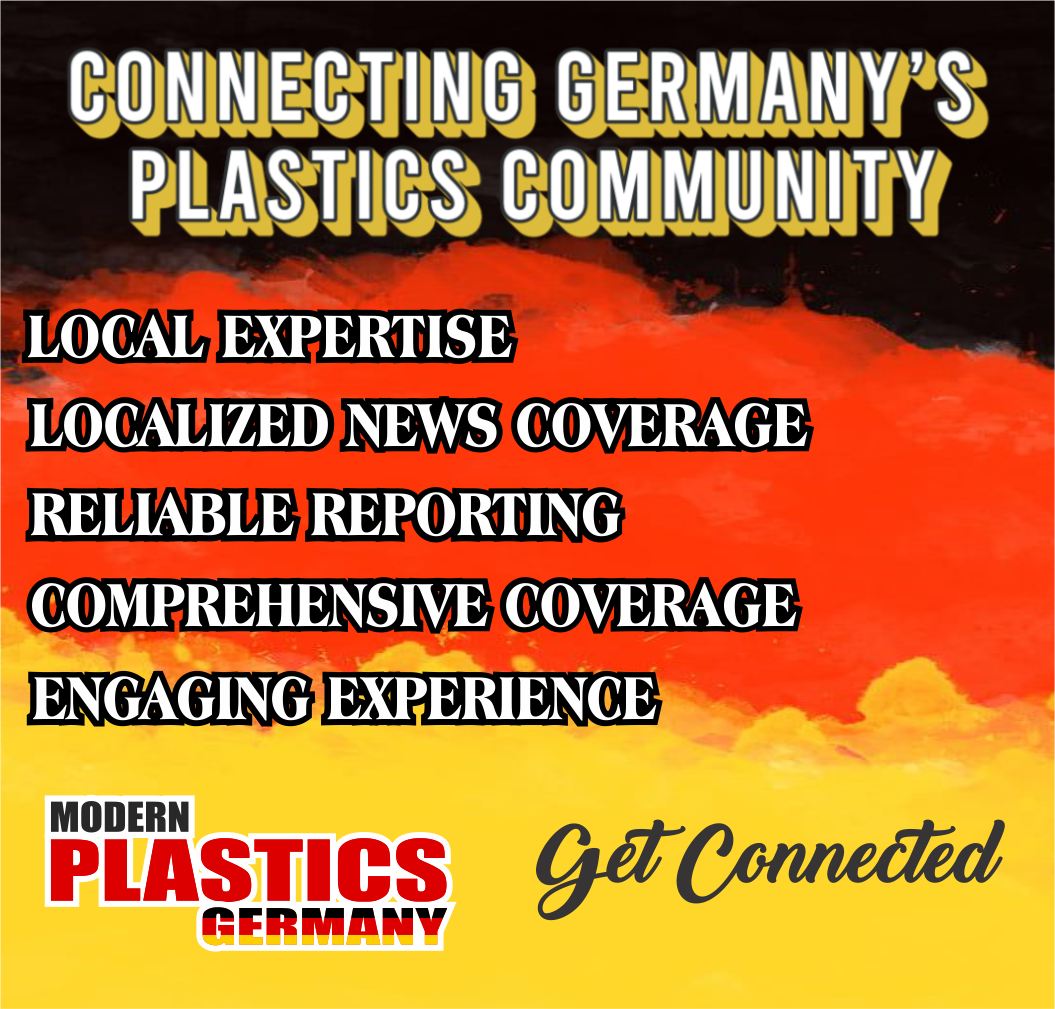How Environmental Change Creates Collective Good
Have you noticed that Sprite has changed its green plastic bottle to clear? And did you know that a Pringles tube is now 90% paper? Or that 98% of Apple’s packaging is fibre based, and in 2024 24% of the materials shipped in Apple products came from recycled and renewable sources?
These changes were made with a view to increasing recyclability and creating more responsible production practices.
They are visible examples of how brands have evolved their products and packaging to reduce their impact on the environment.
Ricoh continually re-evaluates its production methods to improve responsible production, reduce its environmental impact, and accelerate its decarbonisation efforts.
This builds on the already sustainable aspects of digital printing that enable the creation of what is needed, when it is needed, eliminating over production and waste. It also harnesses technology that results in fewer carbon dioxide emissions than offset printing. Comparison tests found the RICOH Pro C9500 used 72.54% less CO2e when producing 3,000 A4 double sided flyers delivered to a location 10km away from the printing site. The RICOH Pro C7500 used 70.23% less CO2e. The RICOH Pro VC70000 used 77.68% less CO2e when printing 100 books with static data at one location.
Ricoh continues to undertake and explore innovative activities, some visible and some in the background, to reduce the impact of its manufacturing.
They include promoting inhouse energy saving initiatives, the active use of renewable energy, and collaboration with Tokyo Steel Corporation to develop electric furnace steel sheets for production printers. Electric furnaces significantly reduce energy consumption compared to traditional blast furnaces and enable the recycling of scrap steel. The sheets have the quality characteristics of blast furnace steel sheets with high performing electrical conductivity and workability.
Numerous sustainability focused designs and developments are featured in Ricoh’s inkjet and toner systems too. For example, the high speed inkjet RICOH Pro VC80000 enables:
- Resource and energy conservation with high efficiency drying equipment and power saving throughout the plant.
- Ink consumption reduction with highly dependable printheads and inks that cut waste.
- Material circulation enabled by the reduction of new resource input while long term use is supported for more than seven years after end of production.
- Reduction of environmental pollutants enabled by the detailed analysis of greenhouse gasses.
- Reduction of paper loss with the expansion of printing range to both ends, advanced connection with processing systems, accelerated and decelerated printing, and low speed mode.
- Labour and workforce saving with Smart Start, print head cleaning, colour difference and colour shift correction as well as front to back registration.
- Unique image adjustment for automatic colour control and stagger correction front to back alignment.
- Paper versatility that expands the scope of small runs.
The toner based RICOH Pro C9500 enables:
- Material circulation with long term support for more than seven years after end of production, reduction of new resource input, and the ability to run a wide range of recycled paper.
- Resource and energy conservation with an energy saving motor.
- Reduction of environmental pollutants with the non use of environmental pollutants and detailed analysis of greenhouse gasses.
- Labour and workforce saving with remote maintenance, operation of manual display and monitoring of machine status.
- Work environment with controlled noise, vibration, dust, ozone, and TVOC emissions.
- Unique image adjustment technology for automatic colour matching, colour stability, and front to back alignment, helping to reduce waste.
- Paper versatility with edgeless printing and the ability to handle ultra long and ultra thin paper, helping to reduce waste.
Highly efficient production is supported by RICOH TotalFlow BatchBuilder that automatically bundles jobs of various types and quantities. Grouping and printing jobs on the same paper and processing them in the same way can reduce time and waste caused by setup changes. While RICOH Auto Color Adjuster effectively addresses colour differences to reduce waste.
Ricoh has also been working with clients, printers, and brand owners to solve the environmental issues surrounding the commercial printing businesses. This has resulted in Co-innovation with Green Gift Cards in Great Britain and a non-plastic alternative to gift cards.
Most gift cards are made of plastic and disposed of in landfills. Green Gift Cards wanted to replace the plastic material with thick paper – swapping material that would be sent to landfill for material that can be recycled or turned into compost (Green Gift Cards have 91% lower carbon emissions vs. standard PVC cards). To achieve this, the Pro C9500 can be modified to accommodate specific types of high caliper media. Total Workflow Solutions software digitised the production process and reduced the waste associated with the printing process. It helped cut inventory and turnaround time (from one week to several days) while enabling customisation of small lot production.
Ricoh also aligns environmental, social, and governance (ESG) with business growth by positioning ESG not as a non financial measure but as “future finance” that will lead to financial results in a few years’ time. To achieve this Ricoh has identified seven material issues (important issues) in the two areas of “Resolving social issues through business” and “Robust management infrastructure” that supports them. Since 2020 we have set ESG goals that link to each materiality.
These approaches have helped Ricoh receive prestigious recognition. This year alone we have been listed in the TIME World’s Most Sustainable Companies of 2025, awarded a platinum rating from EcoVadis, ranked 39th in the Carbon Clean200 , selected as a member of the Sustainability Yearbook 2025, given a double ‘A’ score for climate action and water security leadership in the CDP A List, and selected for inclusion in the Dow Jones Sustainability World Index for the fifth consecutive year.
Recently CDP named us a Supplier Engagement Leader for the fifth consecutive year. CDP highlighted Ricoh’s initiatives to deliver energy efficient products and solutions, collaborate with business partners, and promote decarbonisation both within the Ricoh Group and across its supply chain. While Ricoh has appeared in the FTSE4Good Index, one of the most recognised global ESG indices, with this year’s inclusion marking 22 consecutive years, since 2004.
Our commitment to sustainable practices can support your responsible operations, help evolve your client relationships and support a healthier and more successful environment for us all. Talk to us to learn more.
#EnvironmentalEvolution#GoodForEveryone#SustainableFuture#EcoProgress
#modernbusinessindia#printpublication#printmagazine#modernbusinessafrica





